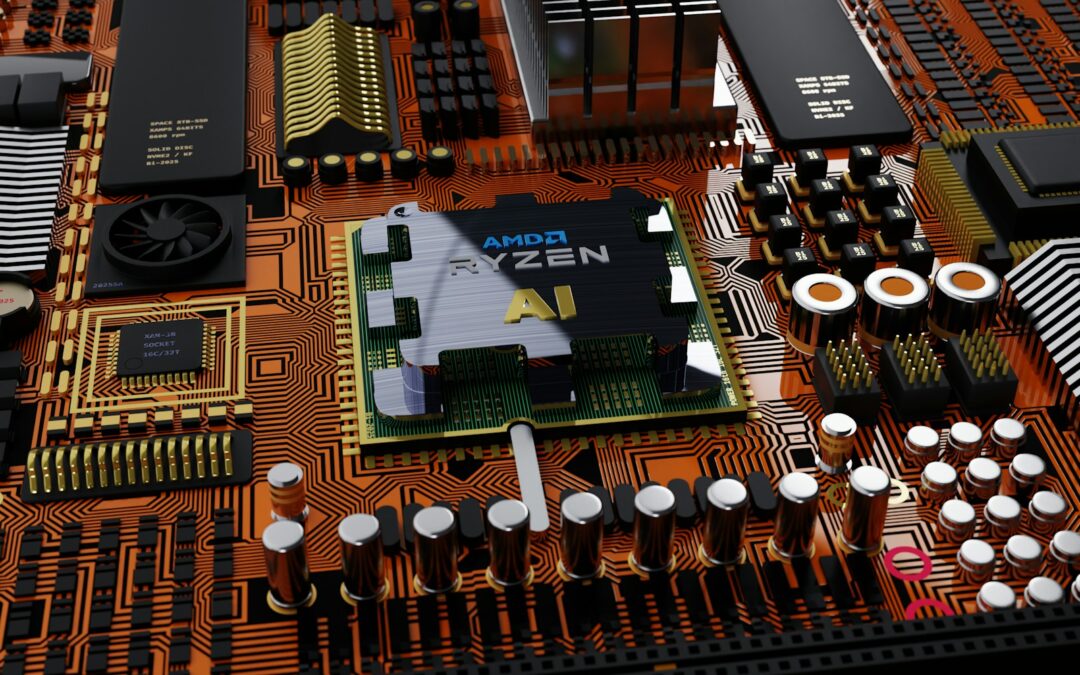How Modern NLP Technologies are Revolutionizing Machine Translation
Understanding the Impact of NLP Advancements on Machine Translation
Advancements in Natural Language Processing (NLP) are significantly enhancing the accuracy and efficiency of machine translation, which is transforming communication across languages. These advancements leverage sophisticated algorithms and deep learning models to process and translate text with unprecedented precision. For businesses operating in dynamic markets such as Saudi Arabia and the UAE, where multilingual communication is a critical component of international success, improved machine translation capabilities can offer a competitive edge.
Modern NLP technologies, including neural machine translation (NMT) models and context-aware algorithms, have revolutionized how machine translation systems function. Traditional translation systems often struggled with context and idiomatic expressions, leading to inaccuracies. However, with the integration of advanced NLP techniques, current systems can understand and translate complex sentences and nuanced meanings more effectively. This improvement ensures that businesses in Riyadh, Dubai, and beyond can communicate their messages clearly and accurately across different languages, facilitating smoother international interactions and collaborations.
Furthermore, these NLP advancements enable real-time translation, which is particularly valuable for global businesses that require instant communication with international partners and customers. The ability to provide immediate and accurate translations helps organizations streamline operations, improve customer service, and enhance overall business efficiency. As the global market becomes increasingly interconnected, the role of advanced NLP in bridging language barriers becomes ever more crucial.
The Role of NLP in Enhancing Translation Accuracy and Contextual Understanding
The accuracy of machine translation has been greatly improved by recent advancements in NLP, which focus on understanding the context and subtleties of language. Traditional translation tools often lacked the ability to grasp the full meaning of sentences, leading to errors and misinterpretations. In contrast, modern NLP models use deep learning techniques to analyze large datasets, allowing them to recognize patterns and understand context better.
Neural machine translation systems, powered by advanced NLP, are designed to consider the entire context of a sentence rather than translating word-by-word. This holistic approach enables more accurate translations by preserving the intended meaning and tone of the original text. For example, businesses in Dubai that operate in diverse linguistic environments benefit from this enhanced accuracy, as it ensures that marketing materials, legal documents, and customer communications are translated with greater precision.
Moreover, advancements in NLP have introduced techniques such as transfer learning and pre-trained language models, which further enhance translation accuracy. These models are trained on vast amounts of multilingual data, allowing them to understand various language structures and nuances. This capability is particularly valuable for industries in Saudi Arabia and the UAE, where companies frequently engage with clients and partners from different linguistic backgrounds.
Leveraging NLP Advancements for Efficient Multilingual Communication
In addition to improving accuracy, advancements in NLP have also significantly increased the efficiency of machine translation processes. NLP technologies enable faster translation of large volumes of text, which is essential for businesses dealing with global content and communication needs. This efficiency is achieved through the automation of translation workflows and the use of real-time processing capabilities.
For instance, NLP-powered translation tools can automatically translate emails, documents, and other forms of written communication in real-time, allowing businesses to respond quickly to international inquiries and maintain seamless operations. This capability is particularly advantageous for companies in Riyadh and Dubai, where timely and efficient communication with international stakeholders is crucial for business success.
Furthermore, the integration of NLP advancements into translation systems allows for continuous learning and improvement. These systems can adapt to new linguistic patterns and emerging trends, ensuring that translations remain relevant and accurate over time. This adaptive capability helps businesses stay ahead in a rapidly evolving global market, where linguistic and cultural nuances constantly shift.
Case Studies: Successful Implementation of NLP in Machine Translation
Several businesses in Saudi Arabia and the UAE have successfully leveraged advancements in NLP for machine translation to enhance their communication strategies. For example, a leading e-commerce platform in Dubai implemented an NLP-based translation system to manage its multilingual customer support operations. The system enabled the company to provide accurate and timely responses to customer inquiries in multiple languages, improving customer satisfaction and operational efficiency.
Another notable case is a multinational corporation in Riyadh that integrated NLP technologies into its global marketing campaigns. By using advanced machine translation tools, the company was able to create localized content for various markets, ensuring that its messaging resonated with diverse audiences. This strategic use of NLP not only enhanced the effectiveness of the marketing efforts but also helped the company build stronger connections with international customers.
Additionally, a prominent financial institution in the UAE adopted NLP-driven translation solutions to streamline its compliance and regulatory documentation processes. The enhanced accuracy and efficiency of the translation system facilitated the management of complex legal documents across multiple languages, ensuring compliance with international standards and reducing the risk of errors.
Conclusion: The Future of Machine Translation with NLP Advancements
In conclusion, advancements in NLP are transforming machine translation by enhancing both accuracy and efficiency, enabling seamless communication across languages. For businesses in Saudi Arabia, the UAE, and other global markets, these technological innovations offer significant benefits, including improved international communication, enhanced customer service, and greater operational efficiency. As NLP continues to evolve, its role in bridging language barriers and facilitating global business interactions will become increasingly pivotal.
The future of machine translation lies in the continued development and application of advanced NLP technologies, which will further refine the accuracy and contextual understanding of translations. By embracing these advancements, businesses can navigate the complexities of multilingual communication with greater ease and effectiveness, positioning themselves for success in an interconnected and dynamic global marketplace.
#AdvancementsinNLPforMachineTranslation #NaturalLanguageProcessing #MachineTranslation #NLPTechnology #AIinCommunication #MultilingualCommunication #SaudiArabia #UAE #Riyadh #Dubai #ModernTechnology #BusinessEfficiency #LeadershipSkills #ProjectManagement













